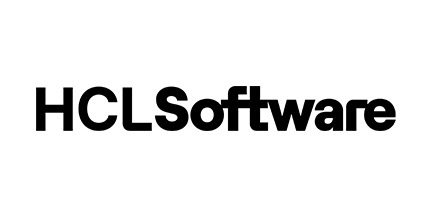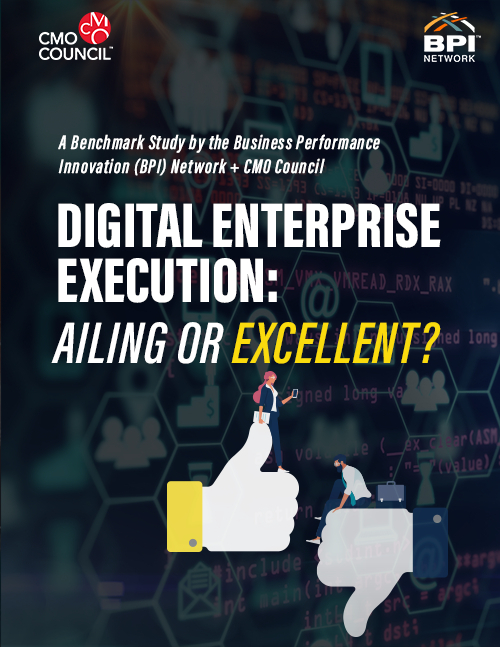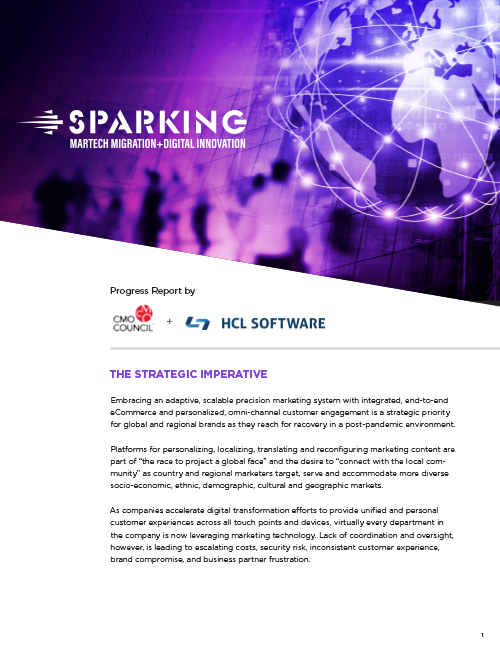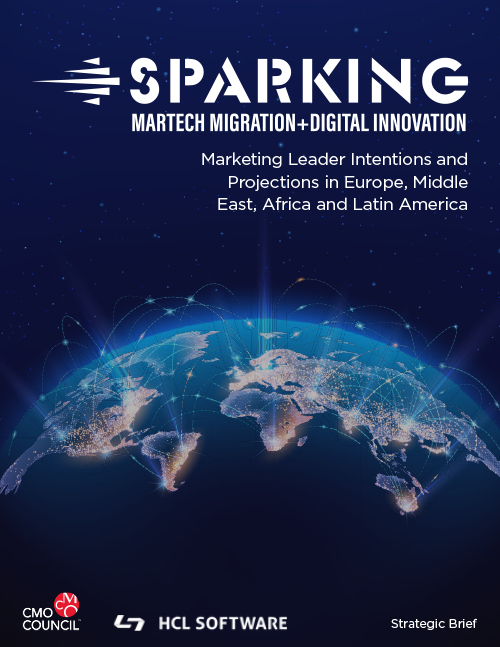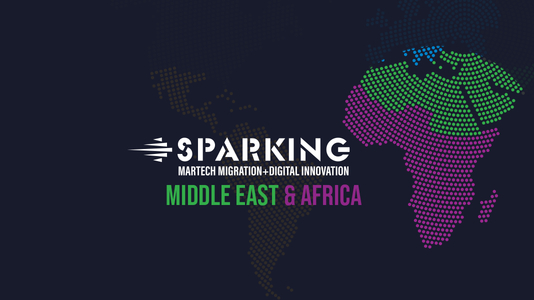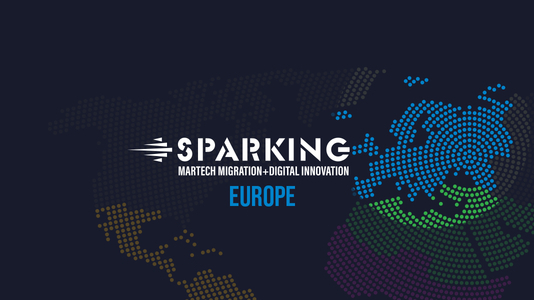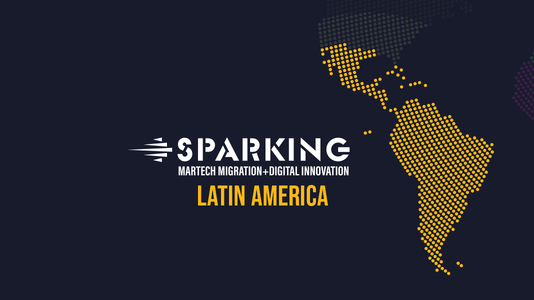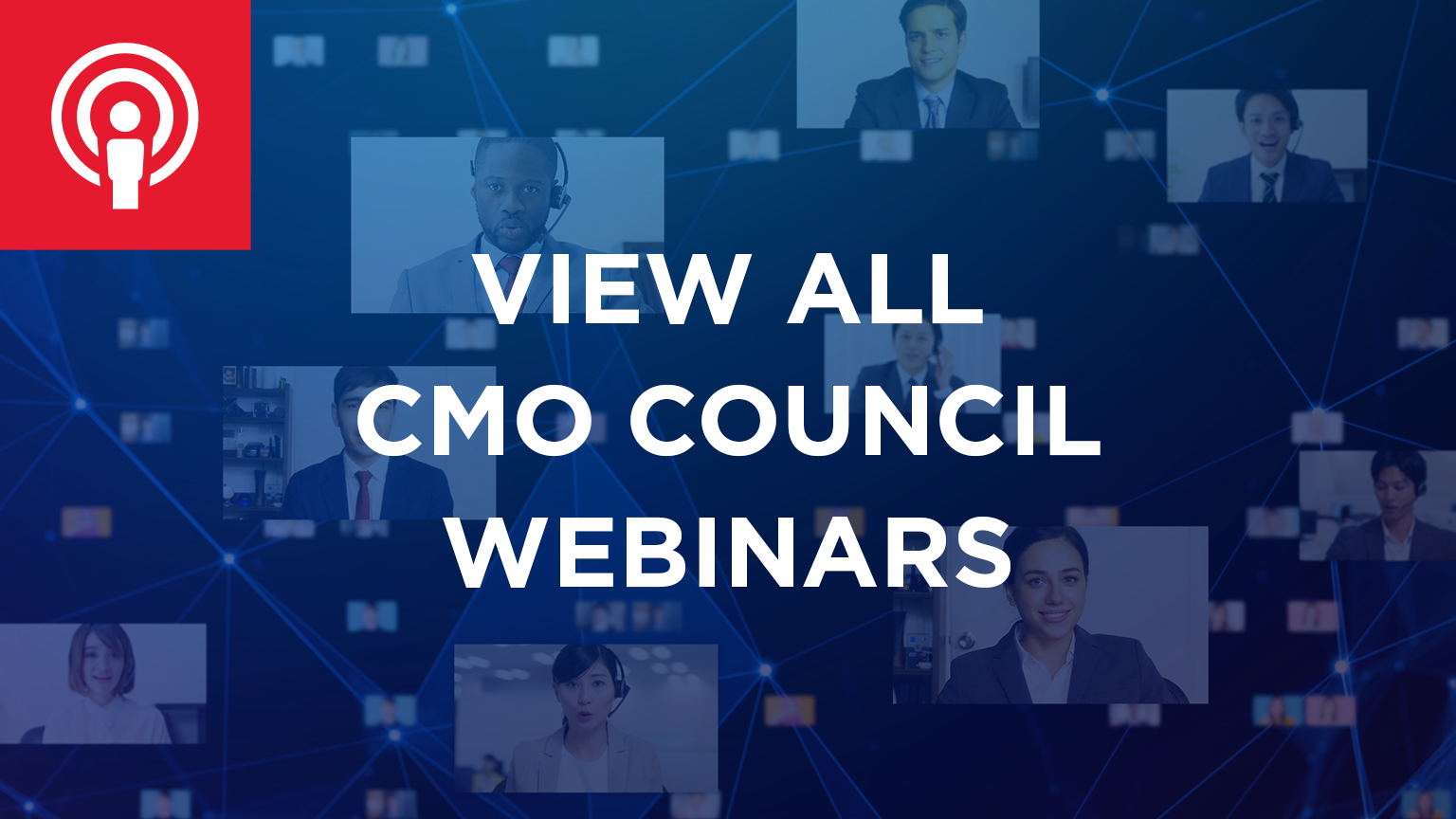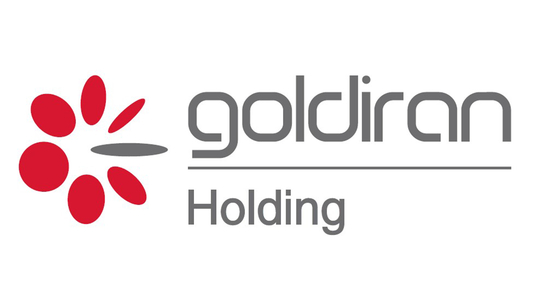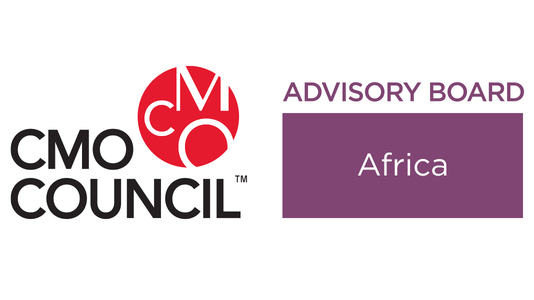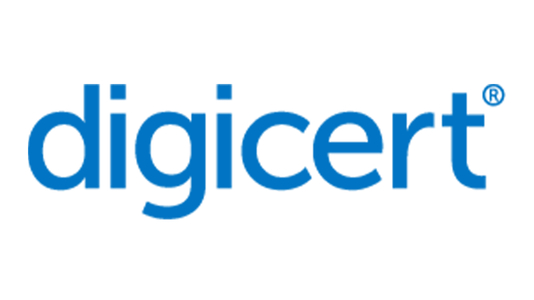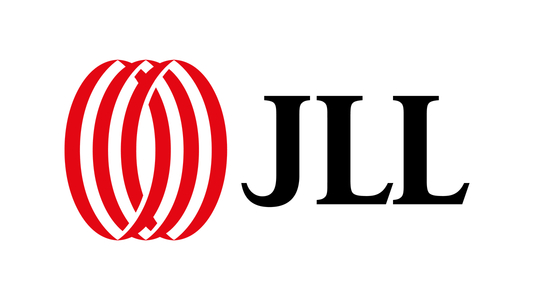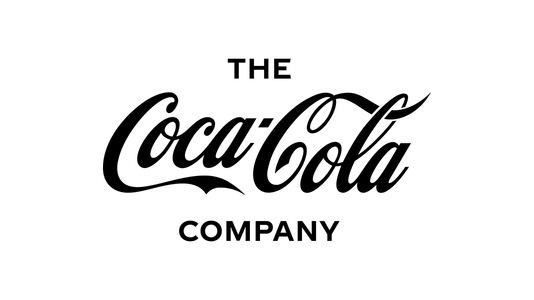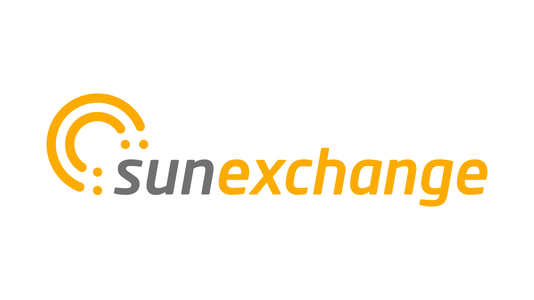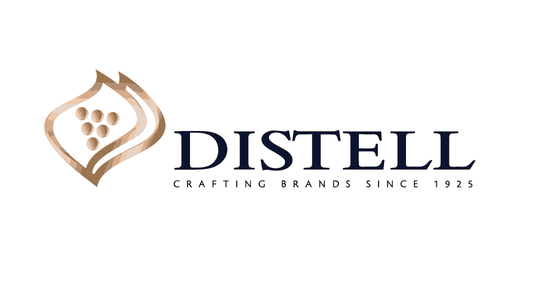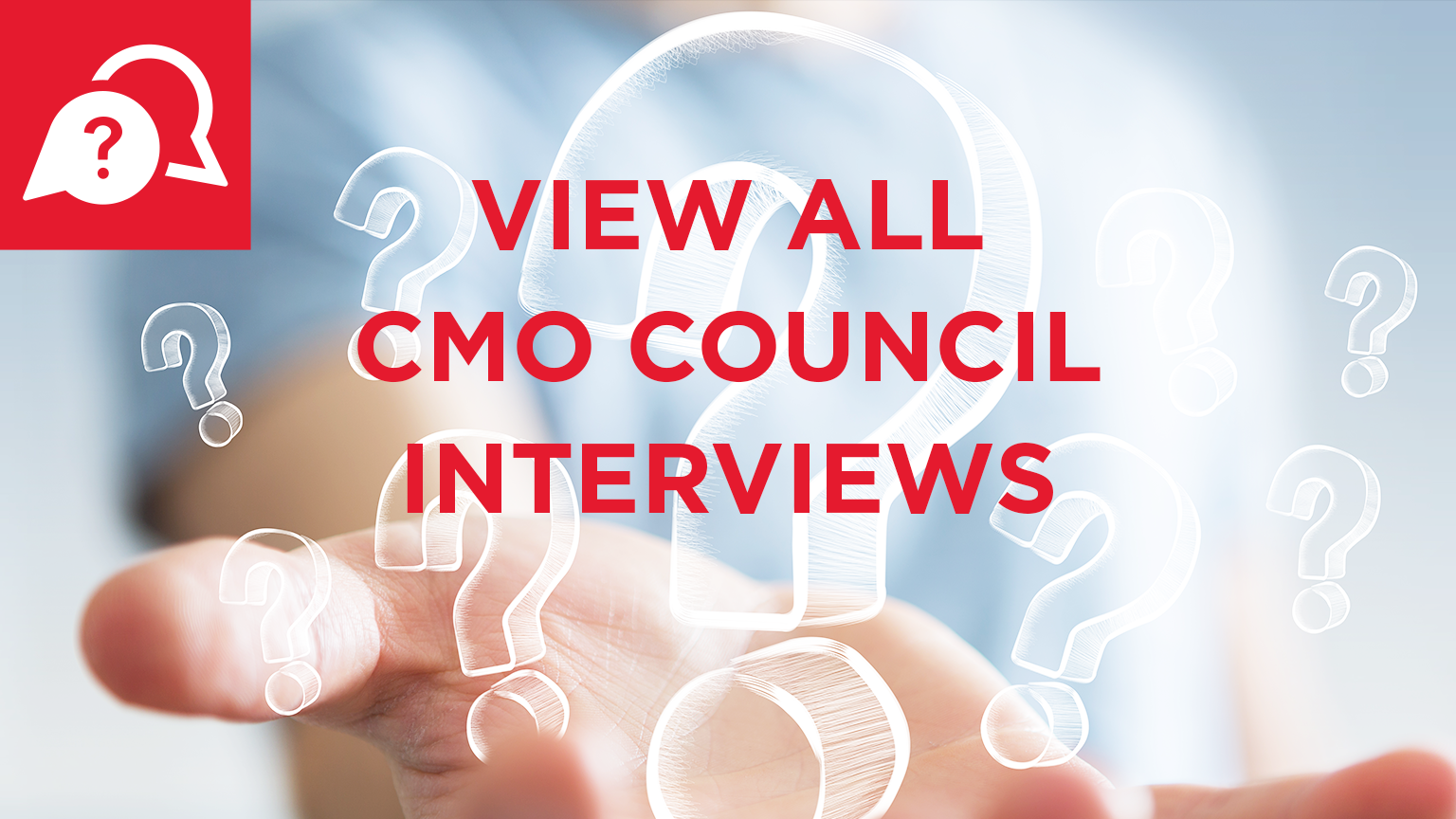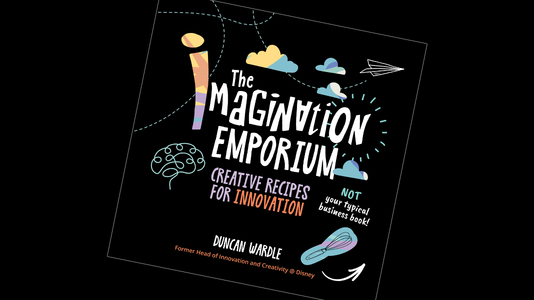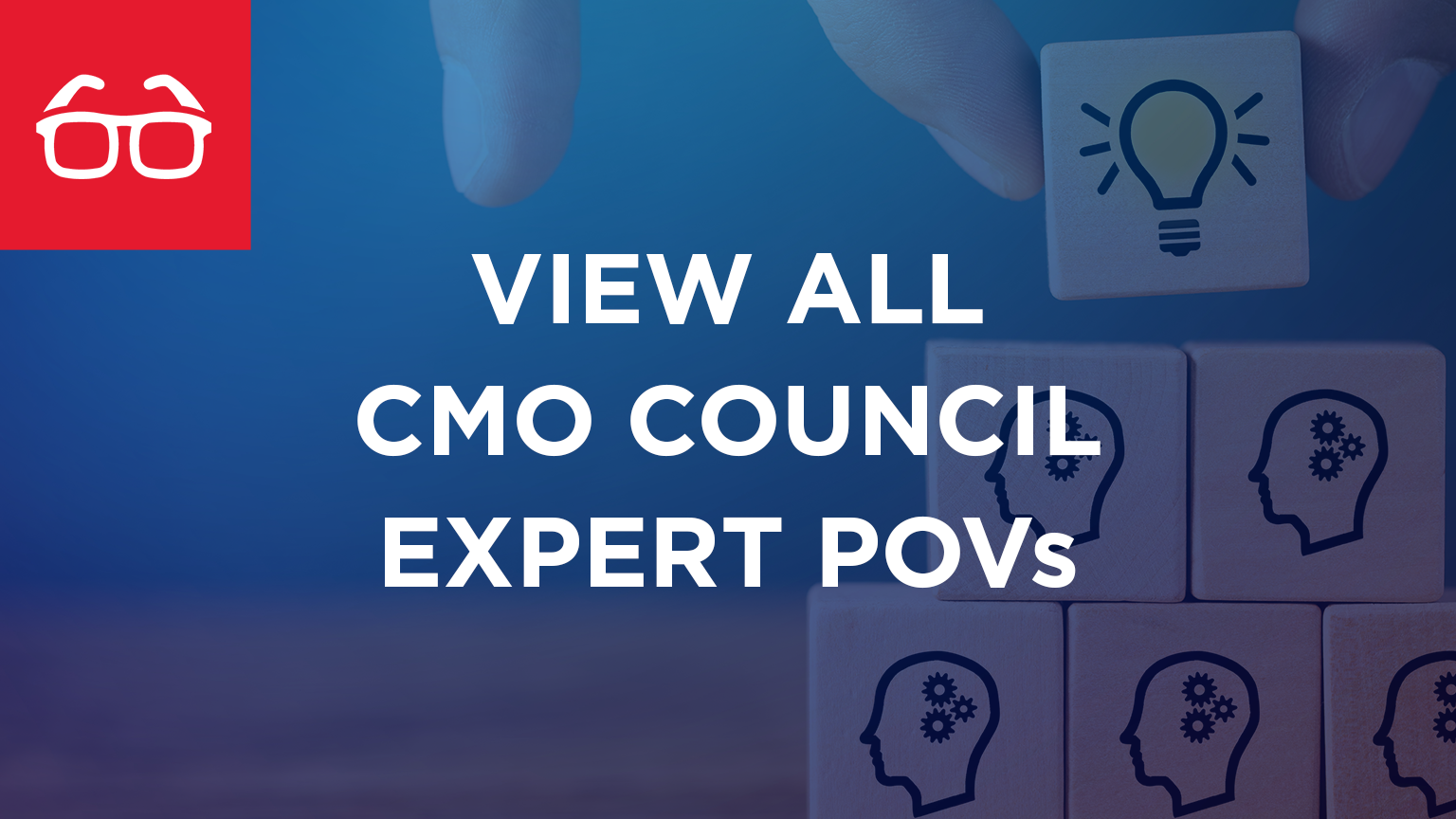Embracing an adaptive, scalable precision marketing system with integrated, end-to-end eCommerce and personalized, omni-channel customer engagement is a strategic priority for global and regional brands as they reach for recovery in a post-pandemic environment.
Platforms for localizing, translating and reconfiguring marketing content are part of “the race to project a global face” and the desire to “connect with the local community” as country and regional marketers target, serve and accommodate more diverse socio-economic, ethnic, demographic, cultural, religious and geographic markets.
As companies embark on digital transformation efforts to provide unified and personal customer experiences across all touch points and devices, virtually every department in the company is now leveraging marketing technology. Lack of coordination and oversight, however, is leading to escalating costs, security risk, inconsistent customer experience, brand compromise, and business partner frustration.
Chief marketers are looking at ways to centralize, protect, share and better use customer data, brand assets, market intelligence and best practice knowledge across their global organizations. Transfer of insight and innovation is seen as a significant competitive advantage and new ways to better inventory, consolidate and access intellectual capital and centers of excellence has become a key component of marketing effectiveness and talent development for both global and emerging growth brands.
Topics Explorated Included:
- What regional forces and factors (competitive, geo-political, economic, environmental, etc.) are shaping and influencing strategies, spend and market receptivity
- The degree to which marketers in each region are embracing automation and effectively managing the marketing technology stack
- Digital marketing campaign successes and failures; deployment learnings and best practice insights
- What obstacles, challenges or deficiencies are they experiencing in migrating or pivoting to digital marketing platforms and programs with existing budgets and teams
- What issues or concerns do regional marketers face as regards budget, IT infrastructure, culture, customer sensitivity, privacy/regulatory limitations, brand safety, and management commitment to transformation
- Innovations in using social, mobile and customer data intelligence to impact brand performance, customer demand and market distinction in their regions



